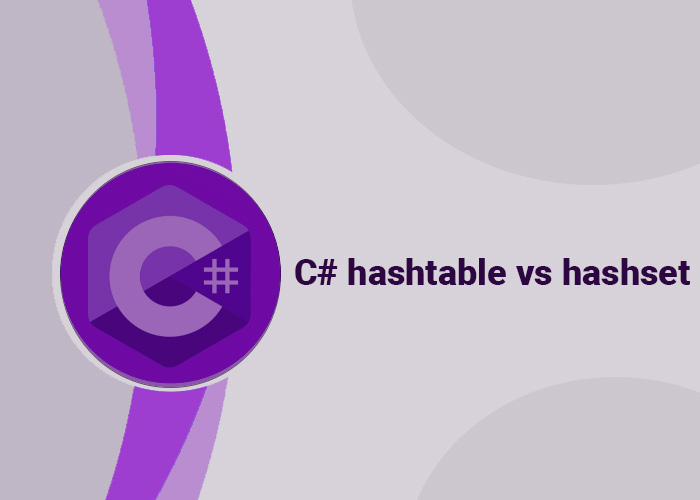Understanding Non-Nullable Value Types in C#
In C#, value types such as integers, floats, and structs are inherently non-nullable. This means they must always hold a value and cannot be set to null under normal circumstances. This characteristic is fundamental to how C# handles type safety and memory management. This article explores non-nullable value types, their implications, and best practices for using them effectively in your C# applications.
What Are Non-Nullable Value Types?
Non-nullable value types are data types in C# that inherently contain a value and cannot represent the absence of a value. For example, integers, floats, doubles, decimals, bools, and user-defined structs are all non-nullable by default.
Examples of Non-Nullable Value Types:
- int
- double
- bool
- DateTime
- Custom structs
Importance of Non-Nullable Value Types
- Type Safety: Non-nullable types ensure that every value type variable always holds a valid value, reducing the risk of runtime errors associated with null references.
- Performance: Operations on non-nullable value types are generally faster than their nullable counterparts because there is no need to check for null before performing computations or method calls.
- Memory Efficiency: Non-nullable value types are stored directly on the stack (or inline in structs), which can be more memory-efficient compared to reference types.
Default Values
Each non-nullable value type has a default value that it assumes if no initial value is provided. For example:
- int: 0
- double: 0.0
- bool: false
- DateTime: DateTime.MinValue (1/1/0001 12:00:00 AM)
This ensures that a non-nullable value type variable is always initialized to a default value, thus avoiding uninitialized variable issues.
Handling Non-Nullable Value Types
Declaration and Initialization
int number = 5; // Initialization to a specific value
double pi = 3.14159;
bool flag = true;
DateTime today = DateTime.Now;
Using in Expressions
Since non-nullable value types cannot be null, they are safe to use in expressions without additional checks:
int result = number * 2;
if (flag) {
Console.WriteLine("Flag is true!");
}
Nullable Value Types
C# also allows value types to be nullable by using the ? modifier, making it possible to assign null to value type variables. This is useful when dealing with databases or other scenarios where a value might be genuinely missing or unknown.
int? nullableInt = null;
if (nullableInt.HasValue) {
Console.WriteLine(nullableInt.Value);
} else {
Console.WriteLine("No value");
}
Best Practices
- Use Non-Nullable Types by Default: Unless there is a specific need for a variable to represent the absence of a value, use non-nullable types.
- Conversion and Casting: Be cautious when converting between nullable and non-nullable types to avoid InvalidOperationException when accessing .Value of a null Nullable<T>.
- Struct Design: When designing structs, ensure that they logically support being non-nullable. If a struct needs to represent "no data," consider using nullable structs or adding an explicit state field.
Conclusion
Non-nullable value types are a cornerstone of C#'s type system, providing safety, performance benefits, and predictability in applications. By default, using non-nullable value types can help avoid many common programming errors related to null handling, making your codebase more robust and easier to maintain. Understanding when and how to use them, alongside their nullable counterparts, is crucial for any proficient C# developer.





